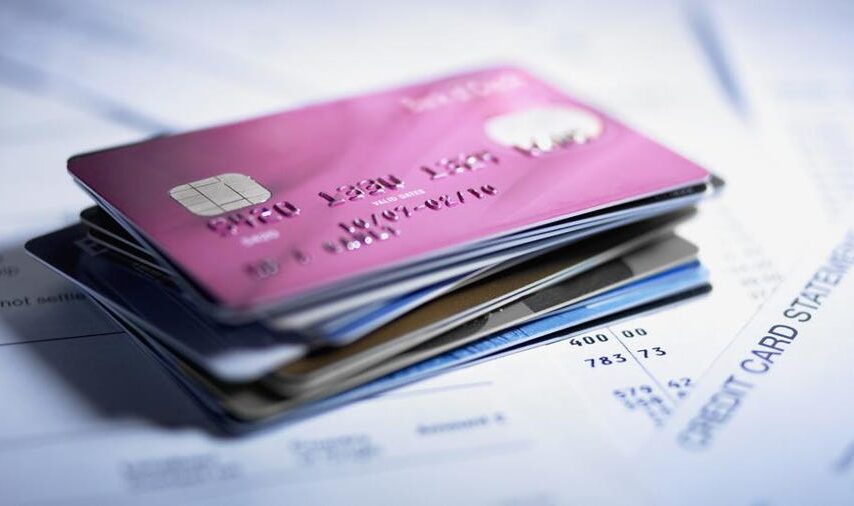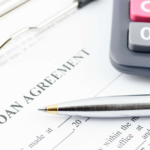Many people own a credit card due to its never-ending benefits and offers. Credit cards are well-known for their safety, convenience, rewards, and tracking.
Having a good credit score demonstrates an individual’s ability to make payments on time, which, in turn, enhances their credit card worthiness.
The catch with credit card payments is clearing the dues at the given time. The prime reason for using a credit card should not be limited to buying things. Instead, the entire process should include a solid history of paying bills on time.
Below mentioned are some steps that one can take to manage credit with credit card payments effortlessly:
- Tracking all the credit card dues
Tracking credit card dues is one of the most simple yet effective things that one can do. Monitoring credit card due dates ensure that one has a hold on the expenses and is able to budget the monthly finances in a better manner. In order to accurately calculate the monthly debt obligations, it is essential to list the rent payment and the money that will be required for groceries, gas, and cell phone bills, plus any other monthly expenses that may incur.
- Converting payments to EMI
One of the most significant credit card features is offering EMI (Equated Monthly Installment) options to pay off the outstanding amount. The EMIs that will come have relatively lower interest rates than the APR of a fixed tenure. In this manner, one can quickly reduce a considerable chunk of the total outstanding amount.
- Be mindful of the credit card billing cycle
One must keep an account of the billing cycle’s start and end days, which can be found in the section of the statement. Suppose one has undertaken any measures during a billing period, such as balance transfer, new transactions, etc., at the end of the billing period. In that case, the same will be reported to the credit bureau and will also get reflected on the credit card statement.
Being mindful of the credit card billing cycle ensures that one takes complete advantage of the credit-free duration. Suppose a card allows a credit-free period of 30 days; then, the period begins on the first day of the monthly billing cycle and not on the day of the first transaction.
- Firstly paying off high-interest-rate cards
After having a clear idea of the credit card payment due and the outstanding amount on them, it becomes easier to determine which card is more costly. After analyzing this, one can choose to pay off the one with the highest interest amount first. This reduces the interest burden, and one can quickly pay the rest of the dues later.
- Never skip a payment
Skipping payments is never viable; instead, one can focus on making the minimum payment or making the most considerable amount possible. Neglecting payments will result in additional fees and impact an individual’s overall credit card score. The missing payment can affect the credit card score making it even more challenging to get approved loans in the future.
Paying the entire statement balance beforehand ensures that no additional interests will be paid. Suppose one has learned to manage the credit card efficiently and is using a rewards credit card. In that case, they are sure to get multiple other benefits, including hotel points, cashback, airline ticket offers and more.
Conclusion:
An essential and prominent step in financial preparation is considering the credit card billing cycle. The billing cycle covers the period during which the credit card payment is issued, and one can use the card in their favor once they are mindful of the card’s billing period.
Credit card debts are meant to be handled very carefully. A well-organized debt management system is required to pay all the monthly EMI and credit card bills on time. Learning credit card management can not improve the credit card score but also ensure that it remains high for future credits.













